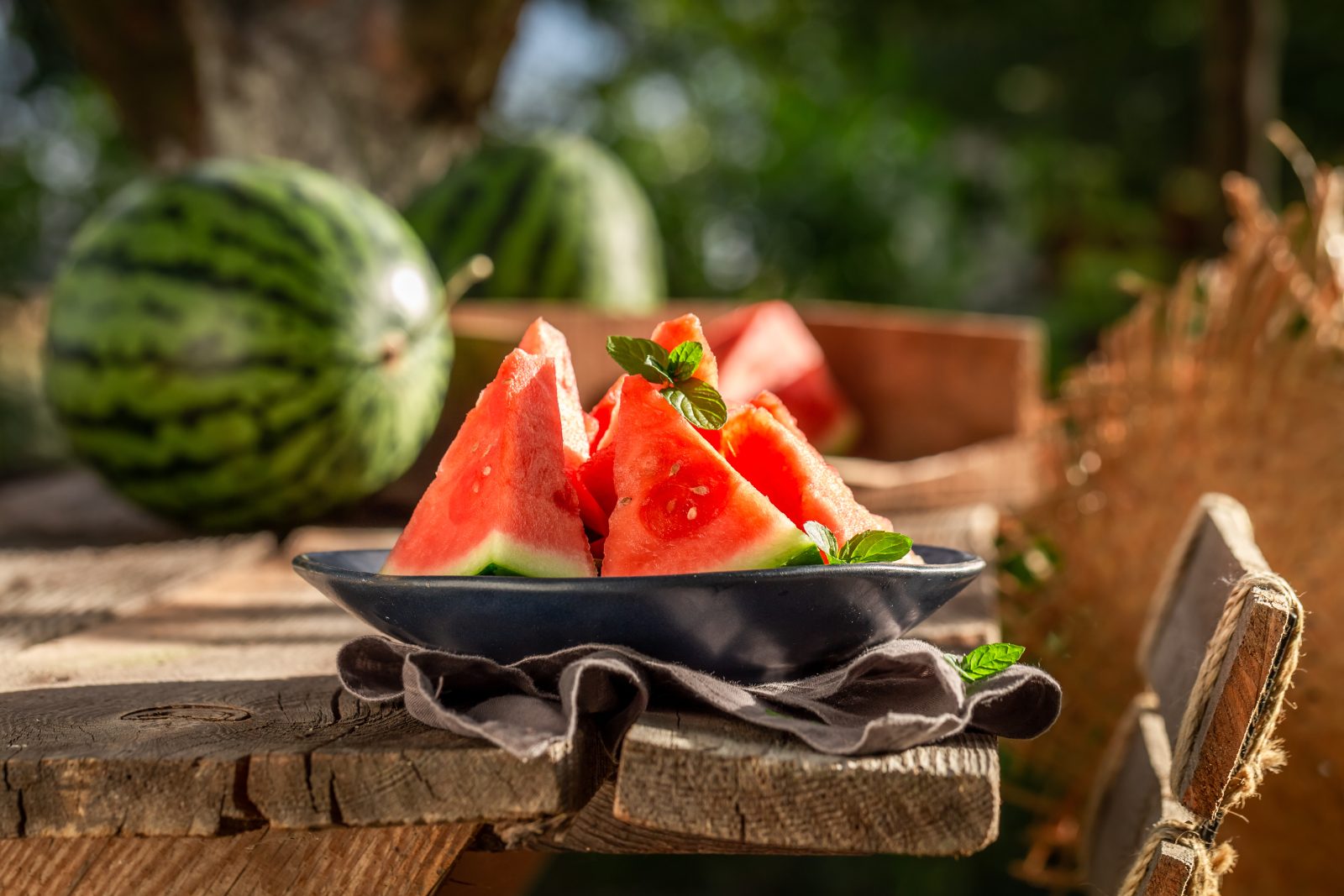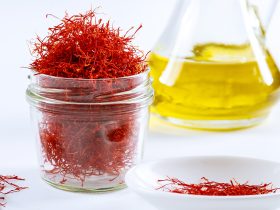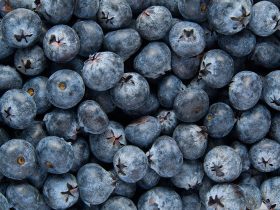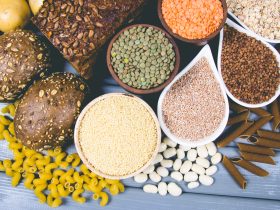In various scientific investigations, various foods have emerged as potential culprits for triggering migraines, spanning from chocolate and alcohol to onions, nuts, tomatoes, ice cream, and dairy products. A recent study has uncovered a new addition to this list: watermelon. This finding is particularly significant for individuals prone to migraines, shedding light on a previously overlooked trigger.
Conducted by a distinguished researcher in neurology, this groundbreaking study is the first of its kind to delve into the potential link between watermelon consumption and migraine onset.
For years, neurologists have observed a correlation between watermelon consumption and migraine episodes in susceptible individuals. However, the exact mechanism behind this association remained elusive until now.
The study suggests that nitrites, compounds naturally occurring in watermelon, could be pivotal in triggering migraines. Nitrites are not exclusive to watermelon; they are also present in other foods known to potentially exacerbate migraine symptoms.
Nevertheless, individual responses to these triggers can vary significantly.
Despite the study’s findings, it’s essential to exercise caution when modifying dietary habits solely based on one research study.
An assistant professor of Neurology highlights the importance of personalized dietary management for migraine sufferers. She advises seeking guidance from healthcare professionals to navigate dietary choices effectively, ensuring optimal management of migraine symptoms.
How the Consumption of Watermelon is Connected to Migraine
In a recent study, participants were divided into two groups: one consisted of individuals who suffered from migraines, while the other comprised those who did not. Each group was provided with watermelon and observed for a duration of 24 hours.
Interestingly, among those with migraines, approximately 23.7% experienced headaches after consuming watermelon, whereas no such incidents were reported in the control group.
Following watermelon consumption, blood samples were collected from all participants both before and after the intake. The analysis revealed an increase in serum nitrite levels in both migraine and non-migraine participants post-consumption. This intriguing finding prompted researchers to delve deeper into the potential role of nitrites found in watermelon as triggers for migraines.
Nitrites are known to play crucial roles in various bodily functions, such as promoting heart and gut health. They aid in regulating blood pressure, preventing blood clot formation, and safeguarding the stomach from ulcers. However, despite their beneficial properties, their association with migraine remains shrouded in ambiguity.
The study faced certain limitations, including the inability to conduct a placebo-controlled trial due to the lack of a suitable alternative substance resembling watermelon.
Additionally, the process of collecting blood samples might have induced stress among participants, which could potentially act as a trigger for migraines.
While nitrites are present in numerous foods such as cured meats, fish, and cheese, their precise connection to migraines warrants further investigation. It is noteworthy that certain medications containing nitrites have been reported to trigger migraine attacks in individuals with a history of migraines.
Nitrites are speculated to affect blood flow and vessel dilation in the brain, potentially leading to migraines in susceptible individuals.
However, unraveling the exact mechanisms underlying this phenomenon remains a challenge, necessitating comprehensive research endeavors. Understanding why nitrites induce headaches in some individuals while others remain unaffected requires a thorough exploration of the diverse sources of nitrites in both the body and food.
Therefore, double-blind, placebo-controlled studies are essential to validate the findings of this study and shed more light on the intricate relationship between nitrites and migraines.
What to Know if You Want to Eat Watermelon When You Have a Migraine
Before indulging in watermelon, especially if you suffer from migraines, it’s crucial to consider several factors highlighted by experts.
Firstly, it’s noteworthy that watermelon didn’t induce migraines in participants who didn’t already experience these headaches. This suggests that watermelon may not be universally problematic for migraine sufferers.
If you do experience migraines, it’s essential to understand that the study’s findings don’t necessarily warrant eliminating watermelon from your diet entirely.
Completely cutting out specific foods or food groups due to their potential migraine-triggering properties may not be advisable, as many foods offer essential health benefits beyond migraine concerns.
Maintaining a balanced diet is paramount for migraine prevention. Overly restrictive dietary changes can lead to stress, which itself can act as a trigger for migraine attacks. Therefore, adopting a more holistic approach to managing migraine triggers is advisable.
Since individual triggers for migraines can vary significantly, it’s challenging to predict precisely how much watermelon might provoke migraines in those diagnosed with the condition. However, if you consistently experience migraines after consuming watermelon, it may be prudent to consider avoiding it.
To minimize the risk of developing a headache while enjoying watermelon, consider taking some simple precautions. Ensure you’re consuming a balanced diet, staying adequately hydrated, managing stress levels, and monitoring caffeine and alcohol intake. By addressing these factors, you may reduce the likelihood of migraine onset.
If you struggle to pinpoint the precise triggers for your migraines, seeking guidance from a specialist can be beneficial. Together, you can go over the effective treatments for migraine and see which one best suits you and can help you overcome this issue.
While eliminating specific foods that consistently trigger migraines may be warranted in some cases, preemptively removing foods from your diet out of fear of triggering attacks is generally not recommended. It’s essential to recognize that food triggers are just one aspect of migraine management, and other factors may also contribute to migraine occurrence.
Conclusions
Understanding that watermelon may potentially trigger migraines sheds light on the importance of being mindful of your dietary choices, especially if you’re prone to these headaches. The presence of nitrites in watermelon, akin to those found in other migraine-triggering foods, suggests a possible link between nitrite consumption and migraine episodes.
However, it’s crucial not to jump to conclusions and eliminate watermelon or other foods from your diet altogether. Each individual’s migraine triggers can be unique, and a one-size-fits-all approach may not be effective. Instead, consider seeking guidance from a specialist to identify your specific triggers accurately.
By working with a healthcare professional, you can develop a personalized strategy for managing your migraines while still enjoying a varied and nutritious diet. This approach empowers you to make informed choices about your food intake, potentially reducing the frequency and severity of migraine attacks without unnecessary dietary restrictions
















Find Us on Socials